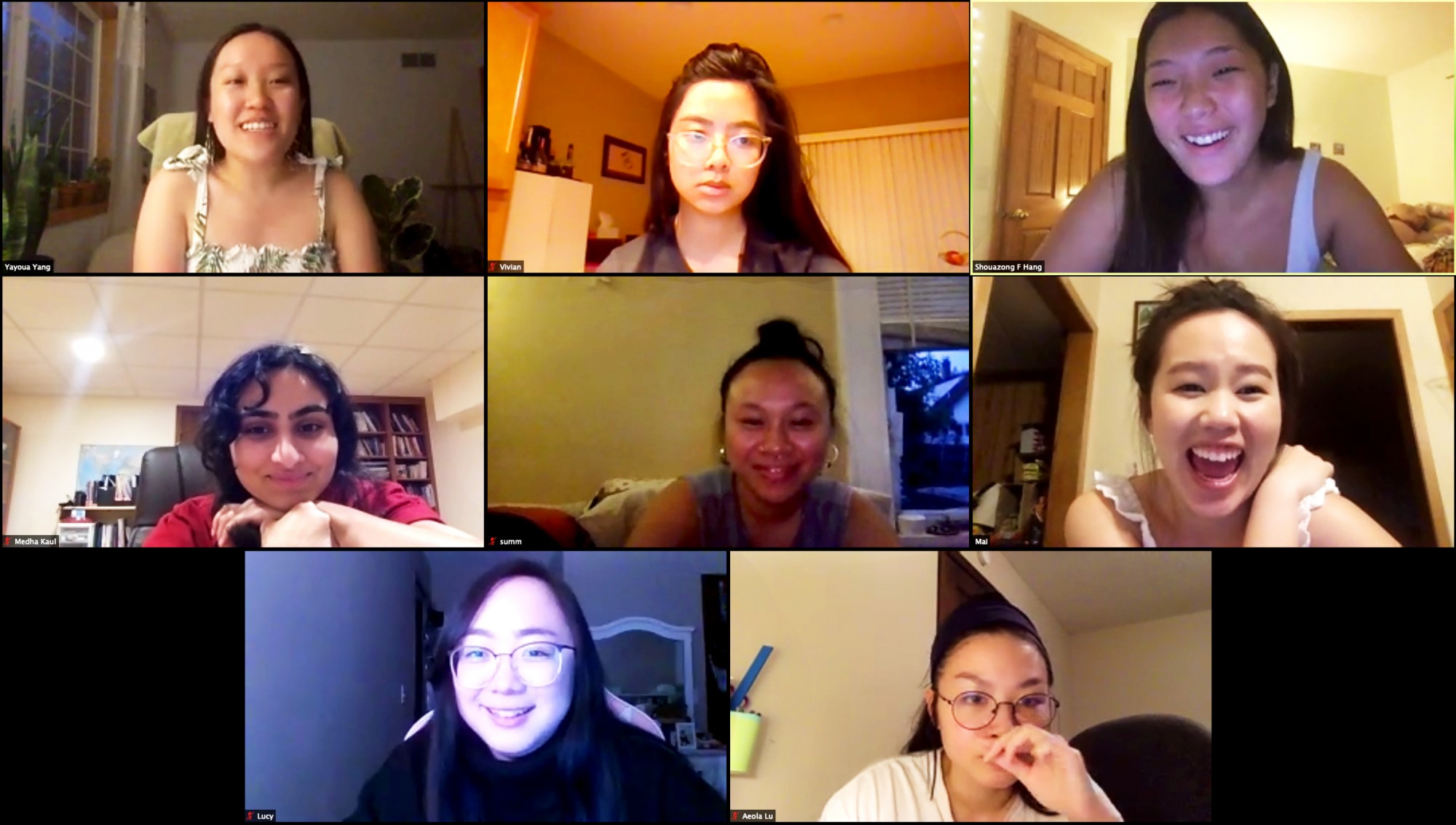During her senior year of high school, Yayoua Yang began to notice the representative disparity among young artists of color throughout the Twin Cities. But with every challenge comes an opportunity for creative change, and SEKY, the organization she co-founded with former member Faith Ochwangi, is a glimmering testament to that very idea.
Yang, a third-year graphic design and strategic communications double major at the University of Minnesota and co-founder of the platform, describes SEKY as an arts platform that empowers eclectic individuals by providing recognition, support and resources, and aims to connect with marginalized and underrepresented creators. Resources include networking advice, information for finding art-related work and emotional support.
With an upcoming website launch in September, SEKY utilizes social media to highlight their seven content creators, holding Instagram Live discussions with musicians, spotlighting local artists and showcasing dancers.
Shouazong Hang, an emerging third-year psychology major at the University of Minnesota and the communications director of SEKY, joined the group with the intent to address issues artists of color regularly face. While in art class, Hang’s teacher noticed she had only drawn white women and encouraged her to expand her illustrations to reflect her Hmong American identity. Hang hadn’t even realized.
“I’m learning a lot about white professionalism and how I can share that information with our marginalized communities,” Hang said.
During a Zoom call, Hang directed the video camera to a portrait on her wall that she purchased at the Hmong Women’s March. The woman in the portrait wears a traditional Hmong outfit, patterned in the American flag. Created by Tou Yia Xiong, the portrait is a testament to the importance of artwork that is inclusive to one’s identity, Hang says. “Art isn’t always about making things beautiful; it’s about making things that represent where you come from.”
Yang finds great value within the artistic world. Art, Yang mentioned, was something she allowed herself to pursue as a career after much internal conflict.
“Coming from an Asian American background, my family pushed me to pursue a career that made money, but I fought to give myself permission to pursue this career, and that’s why it’s so important to me,” she said.
First during quarantine and now amid the recent weeks of political unrest, Yang, Hang, and other SEKY members found ways to increase engagement while also releasing timely information to their followers.
The group is currently working on art centered around the Black Lives Matter movement. As a predominantly Asian American group, Yang highlights how she is cognizant of which stories the platform tells, ensuring that no creator speaks upon narratives that aren’t their own.
The graphic she is currently working on explains to other Asian Americans how to have conversations with your parents about anti-Blackness. It also shows how to say words like white privilege, white supremacy, anti-Blackness and police brutality in Hmong.
Medha Kaul, a third-year genetics major at the University of Minnesota and member of SEKY, hopes to broaden the group’s diversity in the future so a wide array of diverse narratives are shared through the platform.
The group aims for growth and expansion, and with their current trajectory, this objective doesn’t seem far out of reach.
In five years, Yang hopes SEKY has their own studio space, a large pool of content creators, and an increasing network to connect underrepresented individuals: “The bigger the network, the bigger the impact.”








